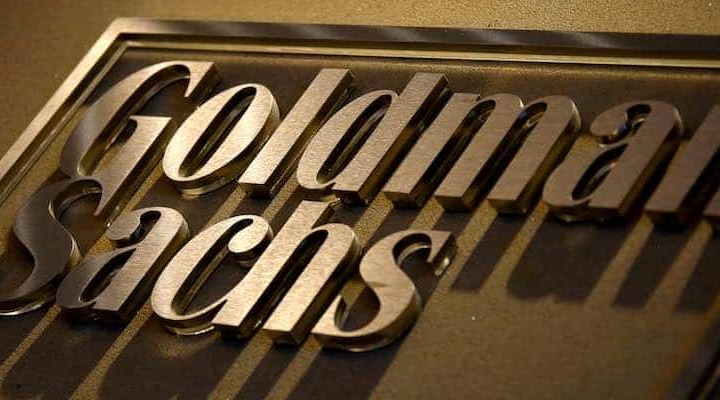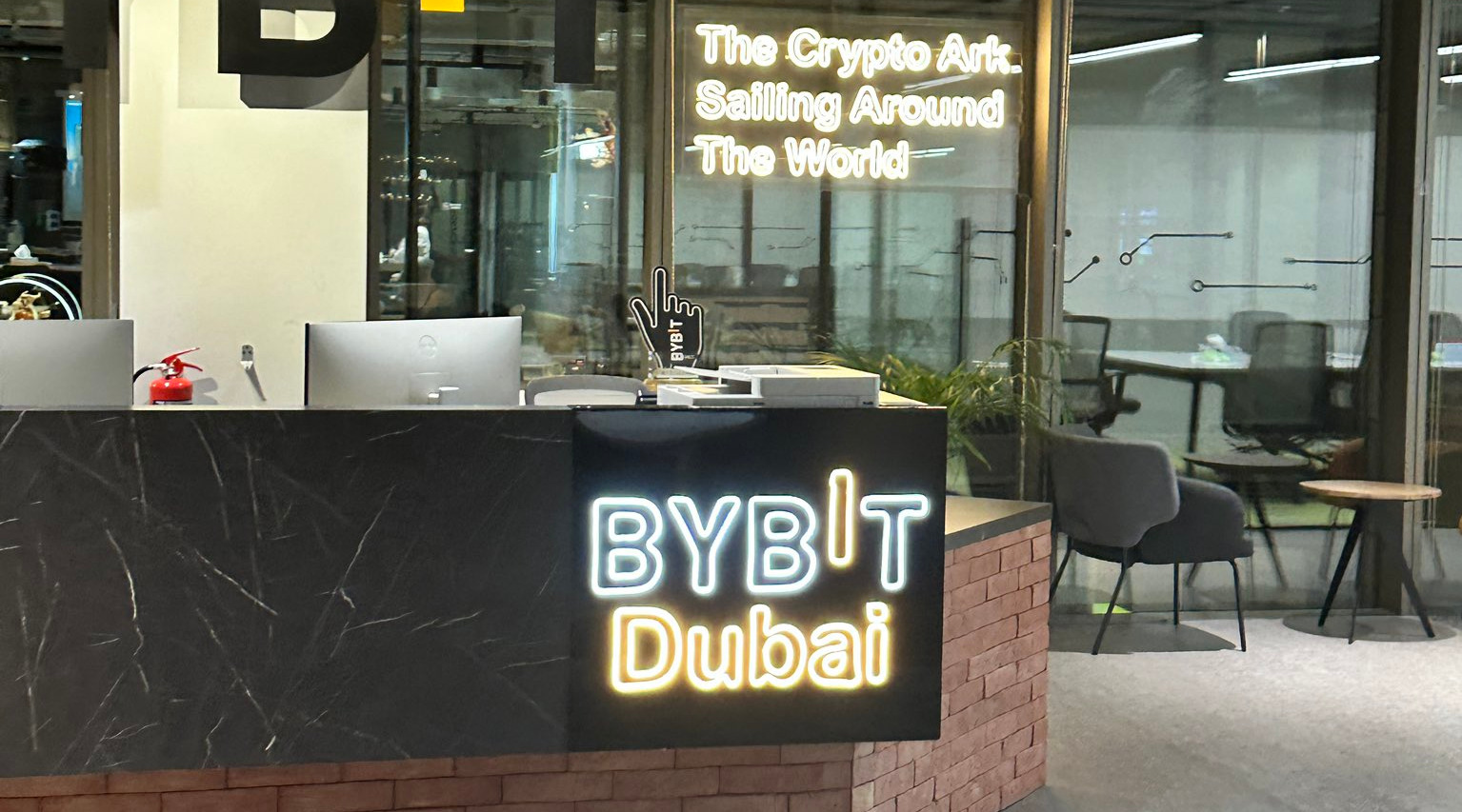Singapore's Monetary Authority (MAS) has issued lifetime prohibition orders (POs) against Ng, also known as Roger Ng, a former Managing Director of Goldman Sachs (Singapore) Pte. The POs were issued following Ng's conviction in the United States for conspiracy to launder monies embezzled from 1Malaysia Development Berhad (1MDB) and violation of the United States' Foreign Corrupt Practices Act (FCPA). The POs took effect from 5 September 2023.
MAS Imposes Permanent Prohibitions on Ng
Under these POs, Ng is permanently prohibited by MAS from performing any regulated activity under the Securities and Futures Act (SFA), providing any financial advisory services under the Financial Advisers Act (FAA), taking part in the management, acting as a director, or becoming a substantial shareholder of any capital market and financial advisory services firm under the SFA and FAA.
Ng was convicted in the United States on 8 April 2022, and he was sentenced to 10 years' imprisonment on 9 March 2023. The court found that between 2009 and 2014, Ng conspired with others, including Tim Leissner, to launder billions of dollars misappropriated from 1MDB, including funds raised by 1MDB through three bond offering transactions underwritten by The Goldman Sachs Group, Inc. and its subsidiaries and affiliates .
1MDB Money Laundering Scheme
Goldman Sachs and its Malaysian subsidiary respectively, have confessed to conspiring to violate the Foreign Corrupt Practices Act (FCPA). Their admission is linked to 1MDB scheme in which they paid over $1 billion in bribes to officials in Malaysia and Abu Dhabi. This was done to secure lucrative business opportunities for Goldman Sachs, including its involvement in underwriting approximately $6.5 billion worth of bonds for 1Malaysia Development Bhd. (1MDB), resulting in the bank earning hundreds of millions in fees. As part of a coordinated resolution with authorities in the United States, the United Kingdom, Singapore, and other jurisdictions, Goldman Sachs will pay more than $2.9 billion.
Ng's severe misconduct led MAS to believe that it would be against the public interest to allow him to continue business as a representative.


















